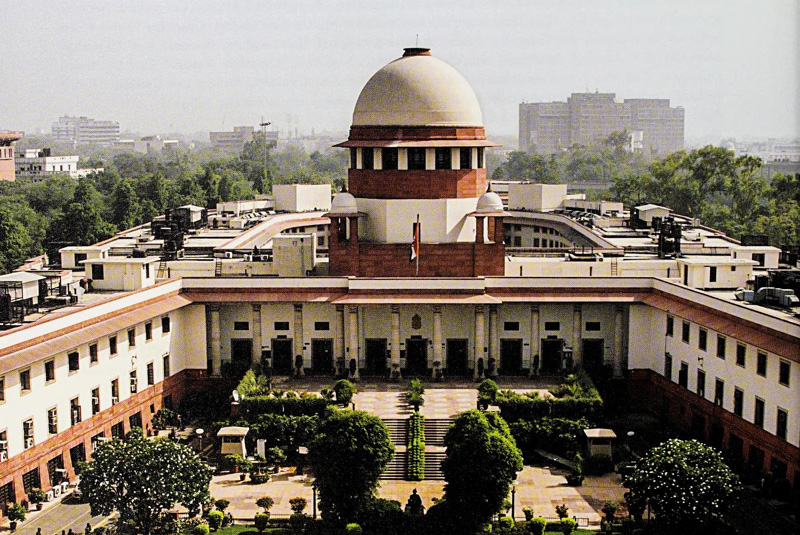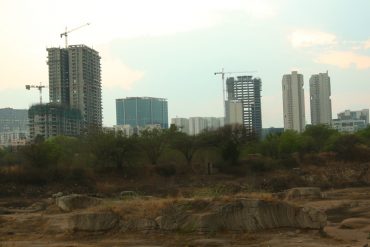The 103rd Constitutional Amendment, which enacted reservations for economically weaker sections (EWS) within the non-beneficiaries of reservations, was held to be constitutional by 3:2 majority by the Supreme Court in its 7 November judgement. The split was on the issue of whether the EWS reservations, by their exclusion of SC/ST and OBCs from within its purview, are discriminatory and violative of the equality code in the Indian Constitution. While the majority held in negative, the dissenting opinion ruled the quotas discriminatory and violative of the equality code.
However, a more significant outcome of the judgement was the unanimous decision of the 5-judge bench, which held, for the first time in reservation jurisprudence, that quotas are permissible exclusively based on economic disadvantage. This brings the economic disadvantage of only the so-called general category at par with anti-discrimination ground reservations based on historical disadvantage and social exclusion. What are the many implications of this judgement on the present and the future of reservations, if there are any?
Communal quotas
I have argued elsewhere that the shift in dismantling the constitutional policy of reservations to communal quotas has been gradual since the 1950s. The 103rd Constitutional Amendment is a key stage in that process that approves the long-standing demand of upper-caste communities—to get reservation benefits equally and at par with SC/ST/OBCs. Further, it also gives a solid foundation to the demands of subsisting caste-based reservations in favour of economic-based reservations irrespective of caste and for all communities or purely economic-based communal quotas. This is despite the existing caste-based quotas remaining untouched by the amendment. It is argued that the reservations have now been displaced to communal quotas for all sections, and they should be considered as such. This shift towards communal quotas can be understood in three stages—1. Invisible phase; 2. Visible phase, and 3. Reinvigoration phase.
-30-
Copyright©Madras Courier, All Rights Reserved. You may share using our article tools. Please don't cut articles from madrascourier.com and redistribute by email, post to the web, mobile phone or social media.Please send in your feed back and comments to [email protected]











